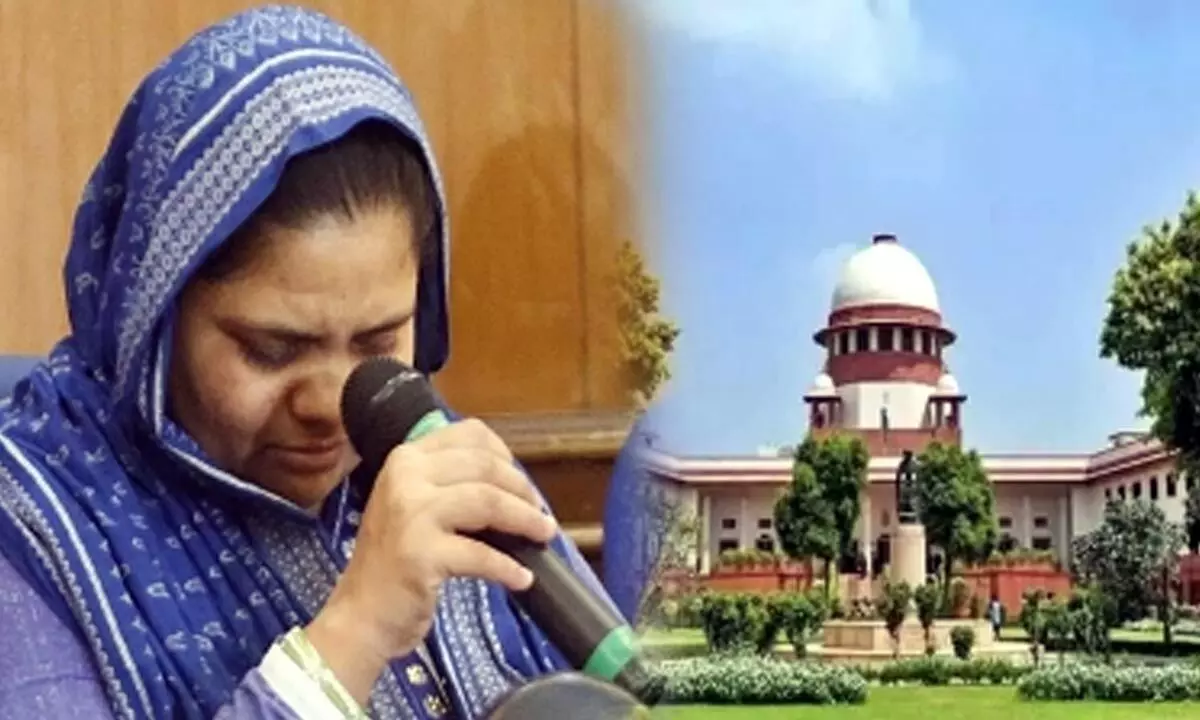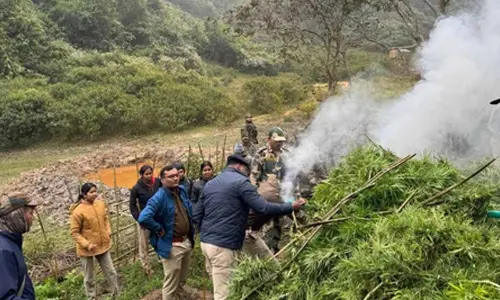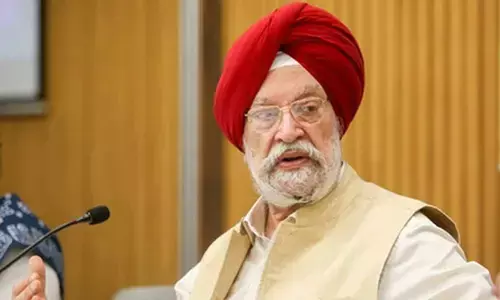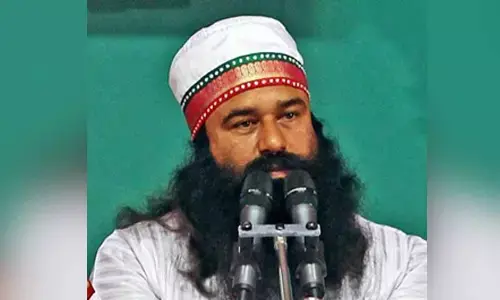Supreme Court reserves verdict on pleas filed against remission granted to convicts in Bilkis Bano case
Share :

The Supreme Court on Thursday reserved its verdict on a batch of petitions filed against the early release of convicts in the Bilkis Bano case by the Gujarat government.
New Delhi: The Supreme Court on Thursday reserved its verdict on a batch of petitions filed against the early release of convicts in the Bilkis Bano case by the Gujarat government.
A bench of Justices B.V. Nagarathna and Ujjal Bhuyan reserved the judgment after hearing both sides on the question of validity of the remission orders setting free convicts in the case of the gang-rape of Bano and murder of her family members committed during the 2002 post-Godhra riots.
The bench ordered the Centre and state government to file records along with translation pertaining to the convicts’ remission by October 16.
Senior advocate Indira Jaising, in her rejoinder arguments, submitted that the decision of the apex court in the case will reflect the “conscience of the Constitution.”
Jaising reiterated that the remission orders are ‘bad in law’ emphasizing that principles dwelled by the top court should be applied in determining the application for early release.
She said that the crime committed against Bano was a “motivated” one and the nation's conscience will be reflected in the verdict of the apex court.
In an earlier hearing, she had argued that the crime committed against Bano during the 2002 post-Godhra riots was a "crime against humanity" perpetrated on the basis of religion.
In her rejoinder arguments, advocate Vrinda Grover questioned the release of convicts by the Gujarat government despite non-payment of fine - which Bombay High Court ordered to be paid as compensation to the victim.
She contended that convicts cannot come out on remission unless fine is paid or convicts have suffered the sentence imposed in default of fine, adding that convicts had “illegal premature release”.
After commencement of the final hearing, the convicts approached the trial court in Mumbai and deposited the fine imposed upon them to "reduce the controversy".
The Supreme Court had questioned the deposition of the fine without awaiting the outcome of their application filed before the top court.
"You seek permission and then you deposit without getting permission?", it had asked convicts.
The petitioner had pointed out before the Supreme Court that the convicts did not pay the fines imposed on them and the non-payment of fine renders remission order illegal.
In another hearing, the apex court had also said that it will be required to examine if remission applications of convicts in the Bilkis Bano case were given any preferential treatment by the Gujarat government.
On the other hand, the convicts had contended that remission orders granting them early release have an essence of judicial order and cannot be challenged by way of filing a writ petition under Article 32 of the Constitution.
The Centre, Gujarat government, and convicts have opposed the PILs filed by CPI(M) leader Subhashini Ali, Trinamool Congress MP Mahua Moitra, the National Federation of Indian Women, Asma Shafique Shaikh and others against the remission orders, saying that once victim herself has approached the court, others may not be allowed to intervene in a criminal matter.
The 11 men convicted in the case were released on August 15 last year, after the Gujarat government allowed their release under its remission policy. The convicts had completed 15 years in jail.













